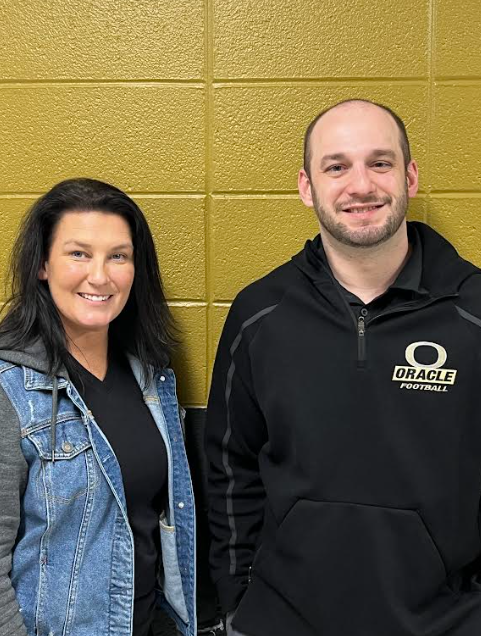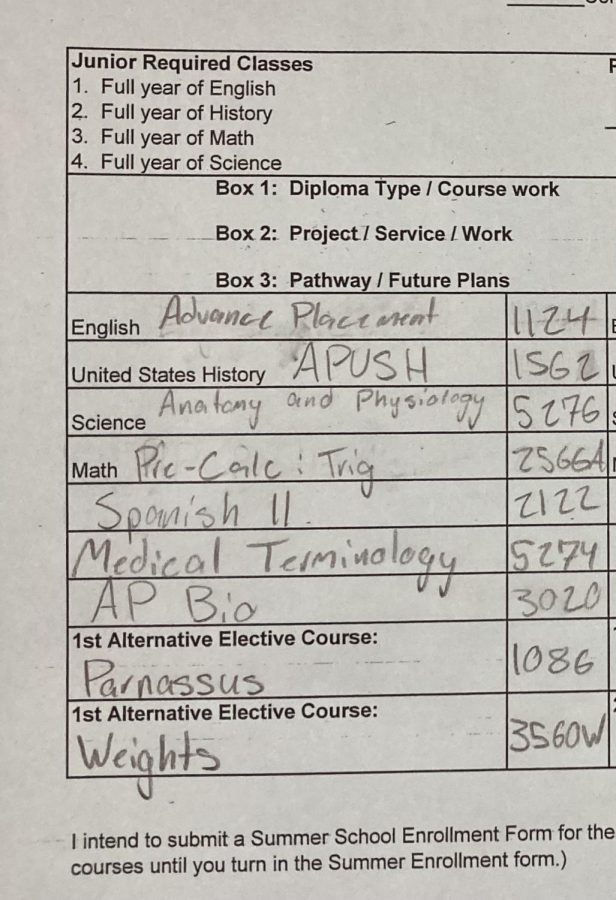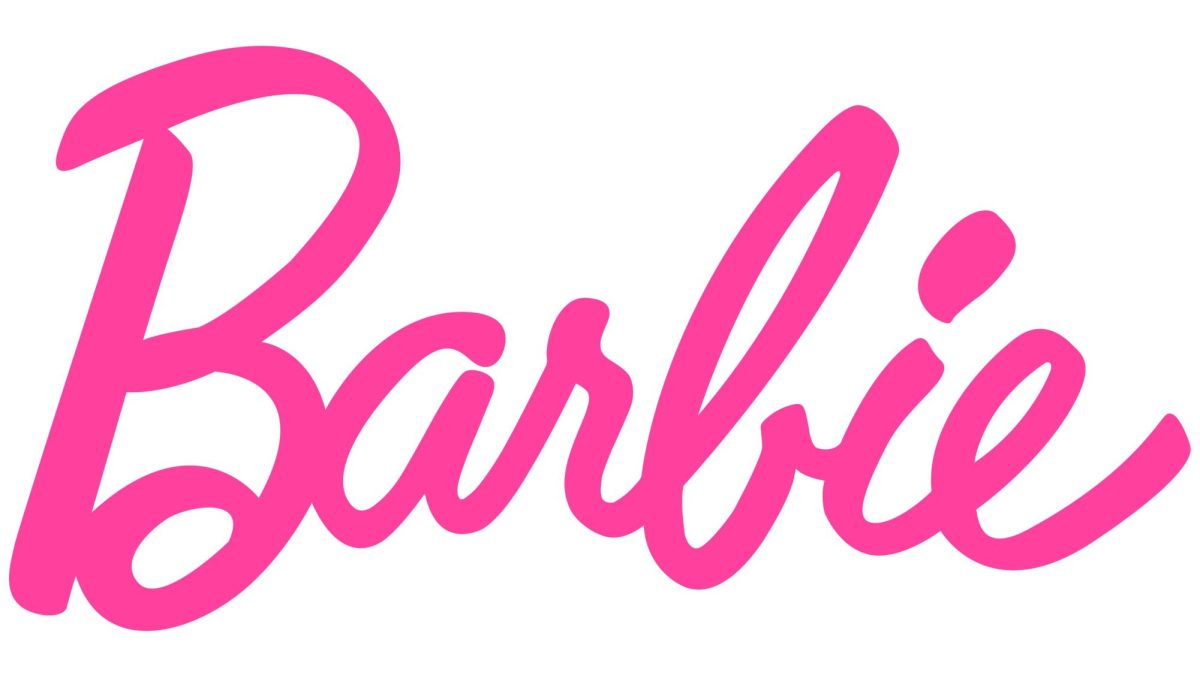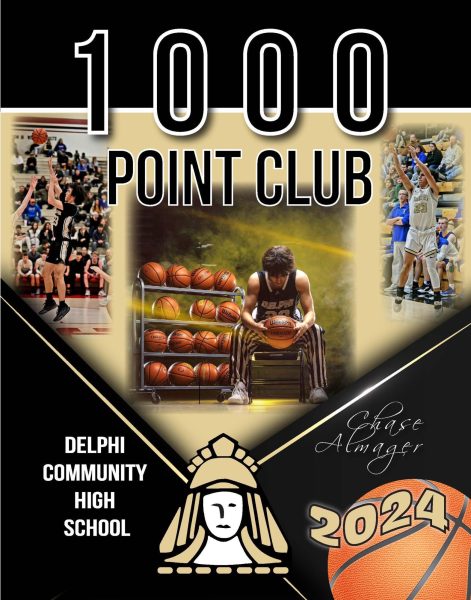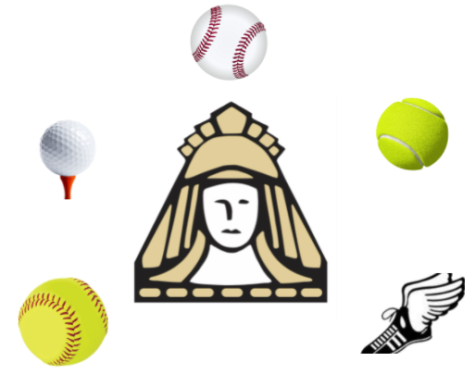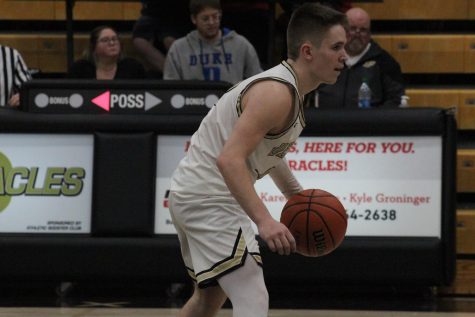Mental health problems prevalent in professional sports

The members of sports leagues across the world amaze their viewers with displays of their athleticism and physical attributes. It’s easy to believe that these humans are not like the rest of us, that they are a step above. While physically this may be true, mentally they are like the rest of us. Mental health issues are as prevalent for professional athletes as they are for the everyday human. Some professional leagues, like the NBA and NFL, have started to take steps on behalf of their player’s mental health. Other organizations have yet to make improvements in helping athletes with their emotions and social interactions; something that should change immediately.
The glamour of the NBA, WNBA, or NFL attracts boys and girls alike when they are growing up. However, television does not show some of the struggles that players can deal with in day to day life. Players have to constantly deal with a media circus surrounding them, time away from their families, and even major sleep deprivation. These are major factors that can lead to poor mental health. Superstars and benchwarmers alike have had issues with things like panic attacks and depression.
The NBA and the NFL have each made improvements in the fight to improve mental health. The NBA has made a requirement for all teams to have a licensed mental health professional on staff. Every NFL team is now mandated to have a mental health professional employed, working in their building. The MLB has yet to implement league-wide procedures like the two aforementioned leagues have. Some teams, like the Boston Red Sox, have stepped up and implemented their own department of behavioral health for their team. It is necessary for the MLB to implement a similar measure as the NBA and NFL very soon for the sake of its players. American sports organizations have done a good job at reducing the stigma surrounding mental health, but still more needs to be completed.
Delonte West made headlines this week in a surfaced video showing him making inaudible sounds after being beaten up. He went from a career in the NBA to being on the curb of a sidewalk. The sad part is, this hasn’t been the only public altercation where his struggling mental health has been illuminated. West was diagnosed with bipolar disorder in 2008. His NBA career ultimately ended in 2012, and the NBA no longer needed him. West, on the other hand, needed them. A struggle for a healthy mind doesn’t stop when a player’s career does. The NBA should not only have mental health professionals for current players, they should also have them for past players. This goes for not only the NBA, but also other professional leagues as well.
Recent videos have shown New Orleans Pelicans Zion Williamson apparently struggling to stay awake on the bench during games. Media outlets use the videos to pick on the rookie, but beyond the humor, these videos highlight the lack of sleep that some professional athletes are accustomed to. For NBA players, a three hour plane ride might be the only time they get to sleep during the night. Sleep deprivation is something that can definitely be a contributor to decreased mental health. According to Harvard Mental Health Letter, “Sleep deprivation affects your physiological state and mental health.” The occasional night without much sleep isn’t much of a long term problem, but if a lack of sleep becomes chronic, then other issues may come about. This isn’t as big of an issue for the NFL players, who play just one game a week, but it is a common obstacle in the NBA and MLB. Teams, at the very least, should be required to hire sleep therapists for players that request them.
Mental health problems occur in one out of every five humans. Being a professional athlete doesn’t prevent these occurrences. Every sports association should be proactive in what they do for their players’ mental health and continue to find ways to help them out. The strides made by the NBA and the NFL are commendable, but the issue isn’t resolved.
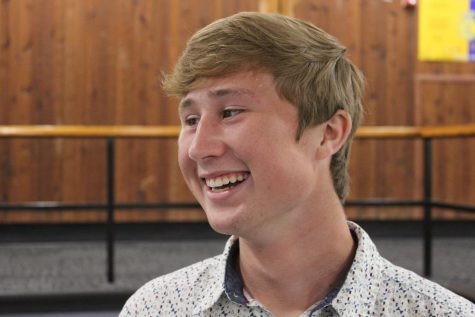
Elijah Hudson is a senior who plans on going to Indiana Wesleyan University next fall. He is in his third year on Parnassus staff, where he enjoys writing...




